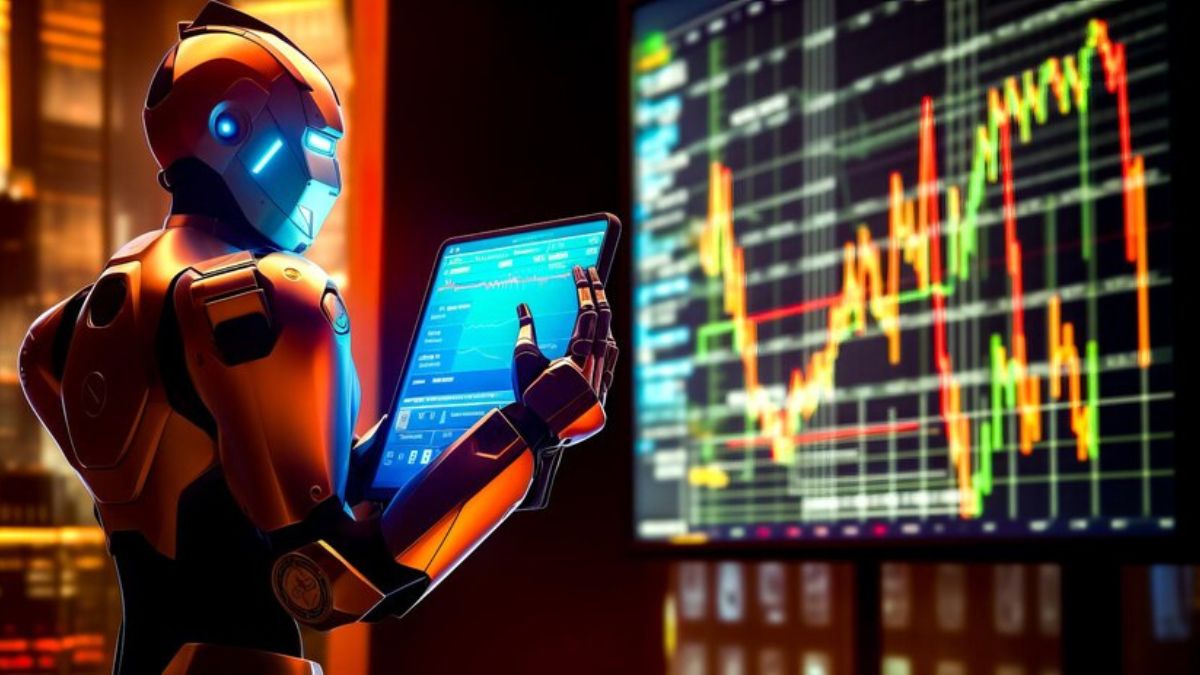Welcome to a journey through time, where we delve into the dynamic tapestry of social change in America from 2023 to 1954. From pivotal moments that shaped history to the relentless push for progress, join us as we explore the evolution of society over these transformative decades. Get ready to uncover the forces driving change, reflect on past milestones, and ponder what lies ahead in this captivating exploration of societal transformation.
Factors that Drive Social Change
Social change in America is driven by a myriad of factors that shape the evolution of society. One fundamental factor is shifting cultural norms and values, influencing attitudes towards issues like civil rights and gender equality. Economic disparities also play a significant role, sparking movements for fair wages and workers’ rights.
Political developments can act as catalysts for social change, with policy decisions impacting healthcare access, education reform, and environmental sustainability. Technological advancements have revolutionized communication and connectivity, fostering global awareness and solidarity around pressing social issues.
Demographic shifts bring diversity to the forefront, challenging societal structures and promoting inclusivity. Environmental concerns drive calls for sustainable practices and conservation efforts to safeguard our planet for future generations. It is the dynamic interplay of these factors that propels social change forward in America throughout history.
Major Social Changes in America from 2023-1954
From the civil rights movement to the rise of feminism, the period from 2023-1954 in America witnessed significant social changes. The fight for racial equality led to groundbreaking legislation like the Civil Rights Act of 1964 and Voting Rights Act of 1965, marking a pivotal shift towards inclusivity and justice.
The women’s liberation movement challenged traditional gender roles, paving the way for increased opportunities for women in education and workforce. The landmark Supreme Court decision in Roe v. Wade in 1973 legalized abortion, sparking debates on reproductive rights that continue today.
The LGBTQ+ rights movement gained momentum with events like the Stonewall Riots in 1969, leading to advancements such as marriage equality and anti-discrimination laws. Environmental activism surged with movements like Earth Day drawing attention to conservation and sustainability efforts.
These major social changes shaped American society and continue to influence ongoing conversations on equality, justice, and human rights.
Impact of Technology on Social Change
Technology has been a driving force in shaping social change throughout history. From the invention of the printing press to the rise of social media, technological advancements have revolutionized how we communicate and connect with one another.
The internet, in particular, has played a significant role in breaking down barriers and facilitating global communication. Social movements can now spread rapidly across borders, uniting like-minded individuals and amplifying their voices on a larger scale than ever before.
Moreover, technology has enabled marginalized groups to have a platform to share their stories and advocate for change. Through hashtags and online campaigns, people can mobilize for causes they believe in and raise awareness about important issues affecting society.
However, it’s essential to recognize that not all technological impacts on social change are positive. The digital divide continues to exist, where access to technology is unequally distributed among different socio-economic groups.
As we move forward into an increasingly digital age, it’s crucial to harness the power of technology responsibly to drive positive social change and foster inclusivity within our communities.
Role of Media in Shaping Social Change
The media plays a crucial role in influencing social change in America. Through various platforms like television, newspapers, and social media, the media has the power to shape public opinion and raise awareness about important issues. By highlighting injustices and amplifying marginalized voices, the media can spark conversations that lead to meaningful societal shifts.
Additionally, journalists have the ability to hold those in power accountable by exposing corruption and advocating for transparency. This watchdog function of the media is essential for promoting accountability within institutions and ensuring that progress is made towards a more just society.
Moreover, through storytelling and representation, the media can challenge stereotypes and promote diversity. By showcasing a wide range of perspectives and experiences, the media can help break down barriers and foster greater understanding among different communities.
It’s clear that the role of media in shaping social change cannot be understated. Its influence extends far beyond just reporting news – it has the power to inspire action and drive positive transformation within society.
Challenges and Resistance to Social Change
Navigating the waters of social change in America was not without its challenges and resistance. During the period from 2023 to 1954, various societal norms were deeply ingrained, making it difficult for change to take root easily.
Resistance often stemmed from fear of the unknown or threats to established power structures. Those who benefited from the status quo were reluctant to embrace changes that could potentially disrupt their positions of influence.
Challenges also arose from deep-rooted prejudices and systemic barriers that hindered progress towards equality and justice. Discriminatory practices based on race, gender, and socio-economic status posed significant obstacles to achieving meaningful social change.
Despite these hurdles, courageous individuals and grassroots movements persisted in their efforts to push for a more equitable society. Their resilience in the face of adversity ultimately paved the way for transformative shifts in American culture and values.
Future Predictions for Social Change in America
As we look ahead to the future of social change in America, it is clear that technology will continue to play a significant role. Advancements in AI and automation may lead to shifts in the workforce, requiring new skills and adaptation from individuals.
Moreover, with the increasing interconnectedness brought about by social media platforms, there is potential for more widespread activism and awareness on important societal issues. This could result in greater pressure for policy changes at both local and national levels.
Additionally, as demographic shifts occur with an aging population and increased diversity, inclusivity and equity will likely remain at the forefront of social discussions. It is crucial that society continues to evolve towards a more just and equitable future for all its members.
While challenges will undoubtedly arise along the way, there is hope that continued progress can be made towards a more inclusive and sustainable society for generations to come.
Conclusion
In reflecting on the social changes in America from 2023-1954, it becomes evident that progress is a continuous journey shaped by various factors such as technology, media, and societal norms. Despite challenges and resistance along the way, significant strides have been made towards equality, justice, and inclusivity.
As we look to the future, it is essential to acknowledge the work that has been done while also recognizing the work that still lies ahead. By learning from past successes and failures, embracing diversity, and fostering dialogue and understanding among communities, we can strive towards a more equitable and harmonious society for all.
The evolution of social change in America serves as a testament to the resilience of its people and their capacity for growth. Let us continue to push boundaries, challenge injustices, and advocate for positive transformations that will shape a brighter tomorrow for generations to come. Together, we can build a more inclusive society where every voice is heard and every individual is valued.










